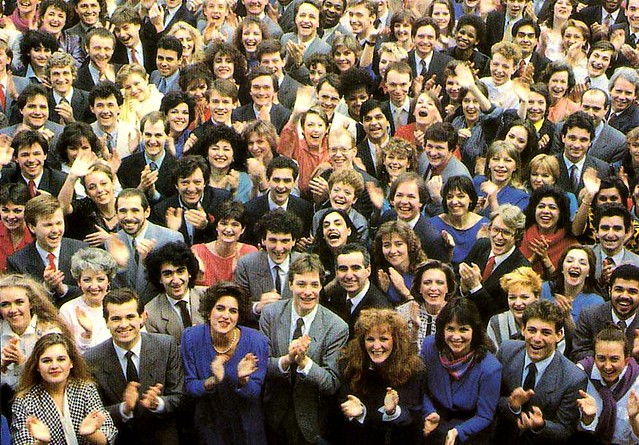When we are born we have no direction; we are incapable of setting our direction. Picture this as being in the center of a compass without an arrow.
As we grow we begin to realize gradually that we possess some level of autonomy. We cry and we get held or fed or our diapers changed.
School brings our autonomy to a new level. We can choose to learn, or not. We can respect our teachers, or not. In school and out, we can choose to be “naughty or nice”. We have an arrow on our compass to show us the direction that we are going.
By middle school many of us start thinking about the future. What will I do when school is done? Will I need college to do what I want to do? We make plans and set our direction accordingly.
If we haven’t set our direction for life in general during our school years, many of us will set it when we’re done. We fix the direction arrow on our compass.
In addition to our BIG compass (the direction that we want to go with our life in general) there are “little” compasses too—integrity, honesty, how we treat others, how we treat the gifts of our environment—air, water, etc.
During the course of our lives many of us compare where we’ve been, where we are and where we’re going with the direction that we set on our compass. If we think of the person that we want to be as “due north”, then where are we? Which way have we been going? Which way are we headed now? Are we north of center? Have we been going north? Are we going north now? Or, are we south of center? Have we been going south? Are we so far south that we’ll never get where we wanted to go (north)?
A moral compass can be useful in telling us where we are, where we’ve been and where we want to go with our lives.


